Spojmai Zaryab

Panjshir in the Mirror of Civilization
(Part Ten)
Written by Salar Azizpour
Translated by: Abdul Ali Faiq
In the cold age, dark time ,gloomy period and misery condition which we were living, in the time of the war which was imposed on our nation and the time of constant resistence against aggressions and occupations , in the time of ignorance and illiteracy , in the time of sadness and bitterness, and the time of poorness and sickness ,we did not have any educational facilities or equipments that bring up our emotional satisfaction and responds our literary and immaterial society which quench our spiritual thirst and hunger and extinguish (quench) our sadness and aloneness .We were reading only some poems in the night which is called (Shab Nama) and keep that poems heart to heart and copy them and circulate them to our relatives and friends across the villages and boroughs.
Subsequently, we understood the atrocity of our history, society and regimes, we found the light of reality and the games which was played beyond the seen, slowly but surely, we realized the torch of realism. In that time, I was faced by a book in the name of Dasht Qabeel (Qabeel desert) which was a great guideline for me, which enlighten the way of happiness and glories to us. Actually, I did not understand who is the creator or writer of that book (
Mrs.Spojmai Zaryab is a great poet, writer, lecture and academic figure. She is from Panjshir was born in
(*)Literarily most interesting are also the texts of Spojmai Zaryab. Their love for the literature was waked already very early by their father, who, as she reports in an interview, had never obtained it the feeling to possess as girls fewer liberties and rights. He read out poems to Allabendlich, the Spojmai by heart learned and those the foundation-stone for their love for the classical Persian poetry put. Nineteen years could it in a free country live. It was exactly ten years old, when Daud waived the veil obligation for women and girls 1959, that above all the women in the city centres since that 13. Century was imposed (on the country and under the Nomadic the women carried the veil, which obstructed her in the hard manual labour) only in presence of strangers. They were fifteen, when the right to vote for women was introduced. Many women held, are it from tradition consciousness, are it under the pressure of the family, at masking firmly - usually there was the women from simpler conditions - Spojmai anyhow build-up without this restriction of their field of vision (a late constant topic in their work will be) also in the cities. It visited unverschleiert the French Mädchen gymnasium Malalai, without suspecting that the Taliban 1996 would introduce the masking obligation more radical as ever before again. After the school the attendance of the academy of art followed in
The period of 1959 - 1978 brought a woman generation out, which could unfold relatively freely their talents within the most different ranges. It gave teachers, to lady doctors, employees in the public administration and authoresses such as Spojmai. At the High Schools of the capital English, German, French and Russian one informed. Here Spojmai discovered also its preference for the French language and literature and/or for western modern storytellers generally, who affected their own style strongly.
The short phase of the social liberalization was terminated by the murder Dauds by Muscovite Vasallen and the invasion of the Soviets in
Spojmai Zaryab belongs to the few Afghan authoresses, who are printed there in the exile to write and their texts. In
Spojmai Zaryab sketches apokalyptische scenes like e.g. in the title narration of the second volume appeared in
Spojmai Zaryabs Prosa has kafkaeske courses, and also their preference for the French symbolists is clearly noticeable. One their most important, again and again and in the most diverse facets arranged topic is the fear. It tells e.g. of the fear of a nut/mother, that hides its halbwüchsigen son before the Russian soldiers, so that this is angemustert not of Russian military or in the road fight is shot. In another narration it causes an oppressing bureaucratic Totalitarismus and makes this atmosphere the symbol for the conditions in its country among the Soviets. The representation of the break-down of troops is particularly impressive into a village from the perspective of a girl wounded thereby, who in the death fight daydreamed and their loved, familiar environment notices now as apokalyptische landscape, in which the cows blood instead of milk gives and at the Weinstöcken no grapes/clusters, but human member masses hang. Again and again tries she, the point of view of the woman behind the “lattice bars” of its observation slit, the Burka, to after-arrange. The traditional clothes symbolize the prison for it, into which not only the female body, but also its spirit was put after the short phase of the emancipation.
Nearly all narrations of Spojmai Zaryab have a concrete purchase to the Afghan reality. The special at them is however that her the far beyond frameworks of a reality accomplishment. They have rather a universal character, because they tell of humans, who would have lost their liberty and their, as it happens in many parts of the world.
___________________________________












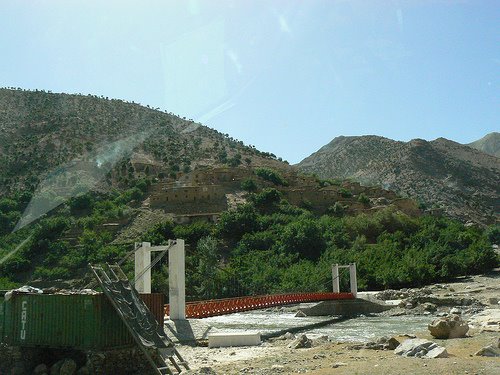
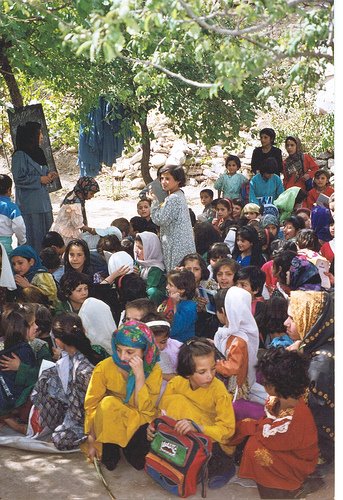












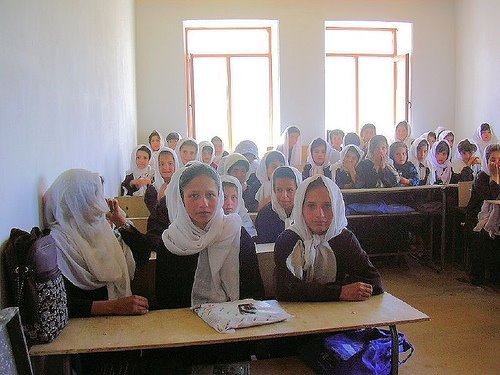
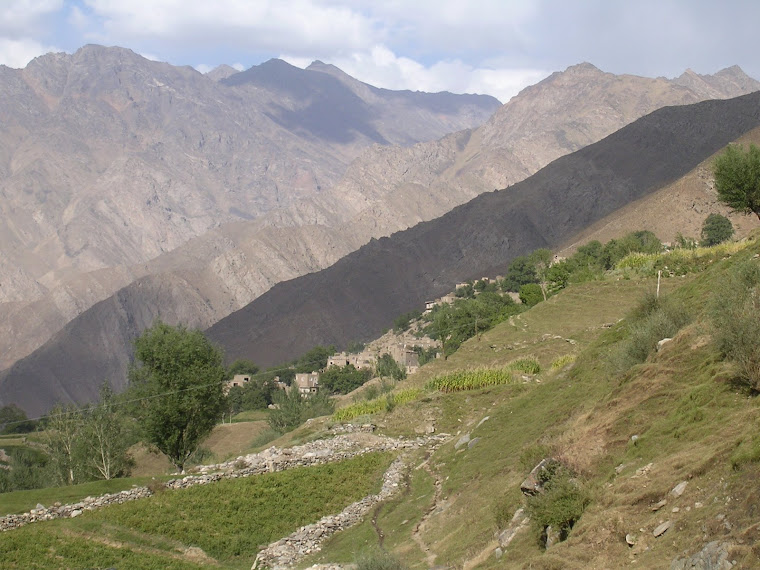





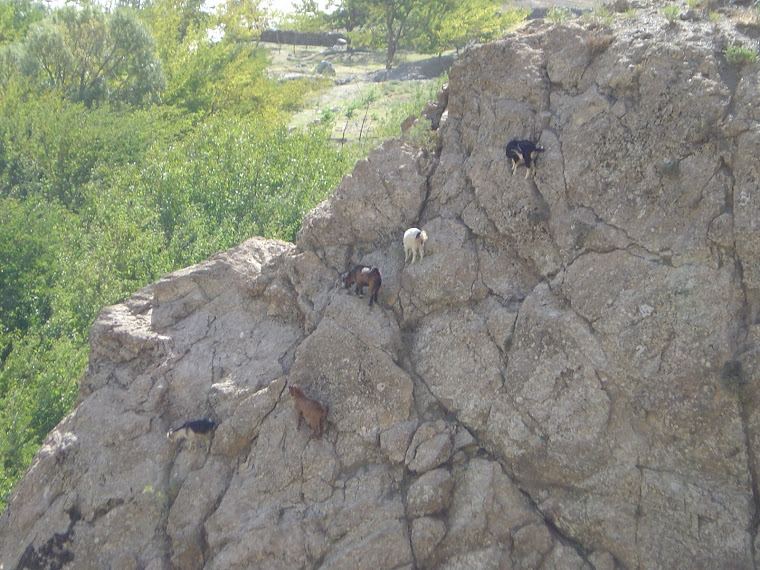






















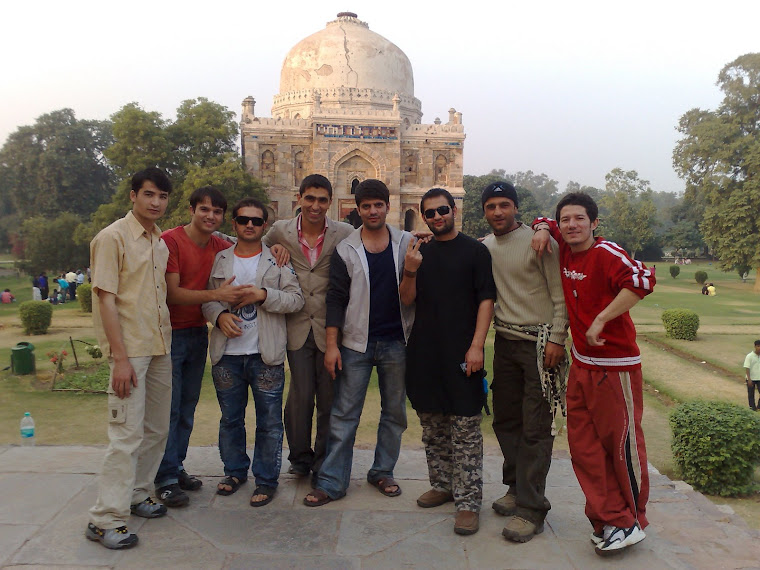
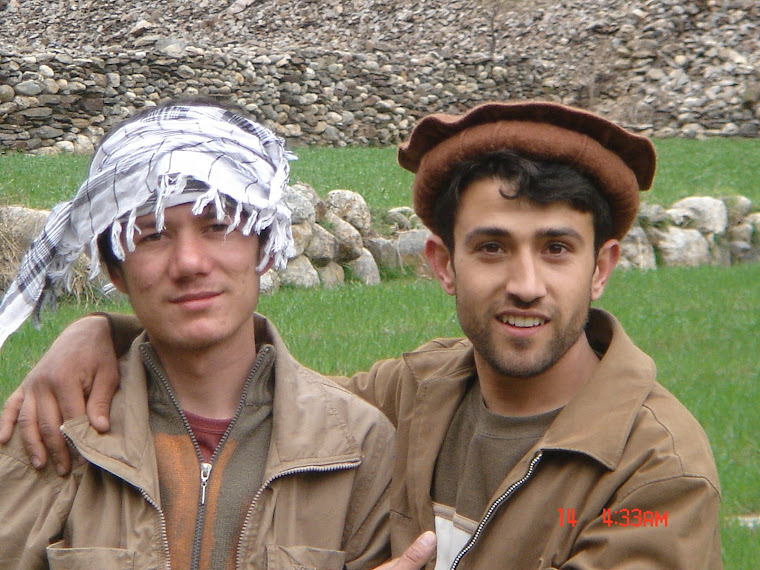

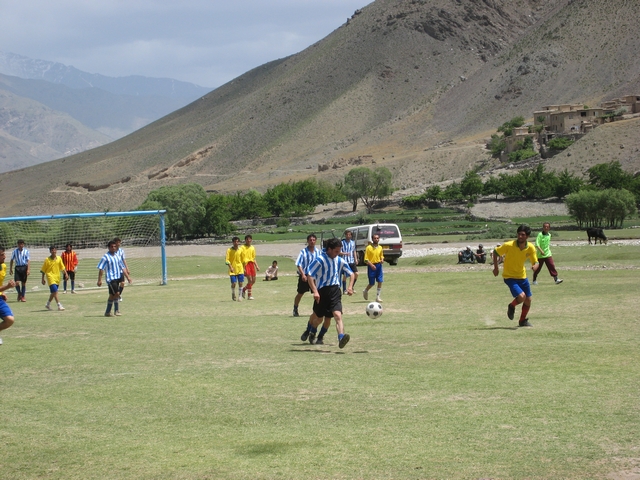

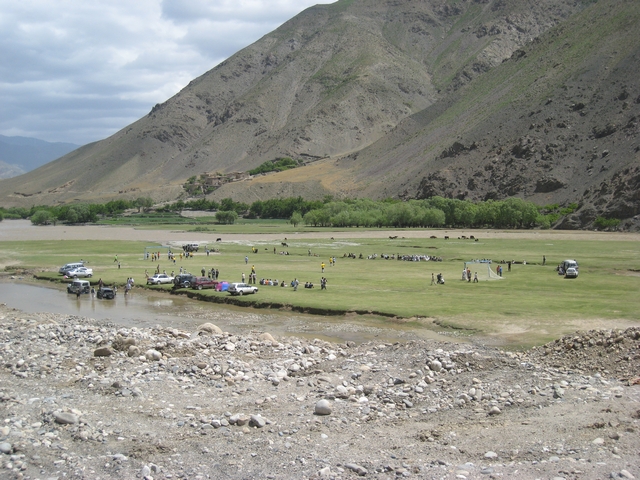
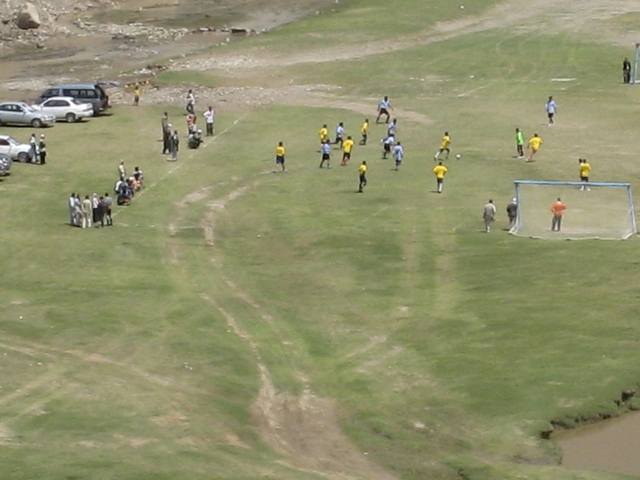
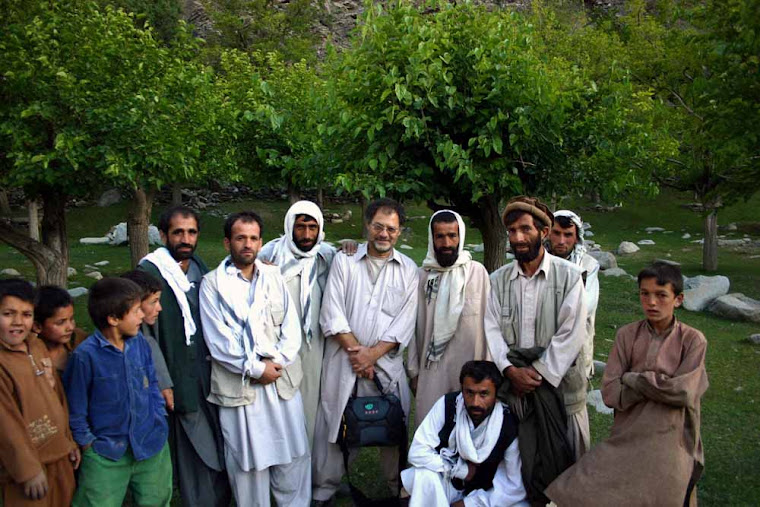







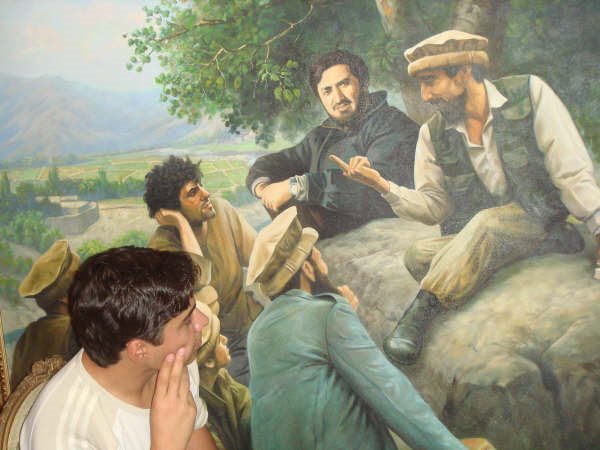

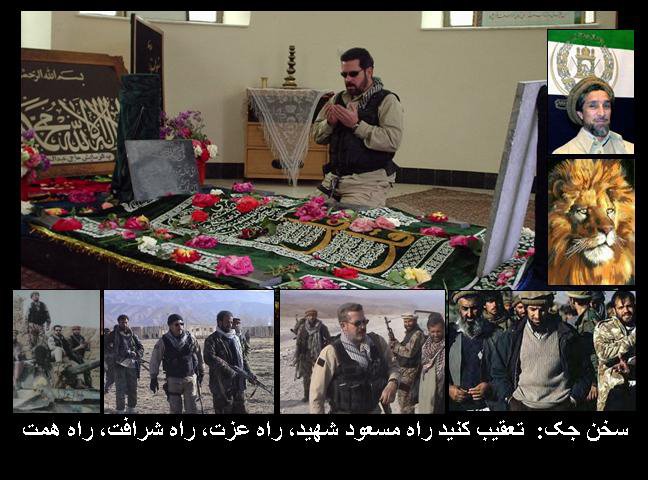
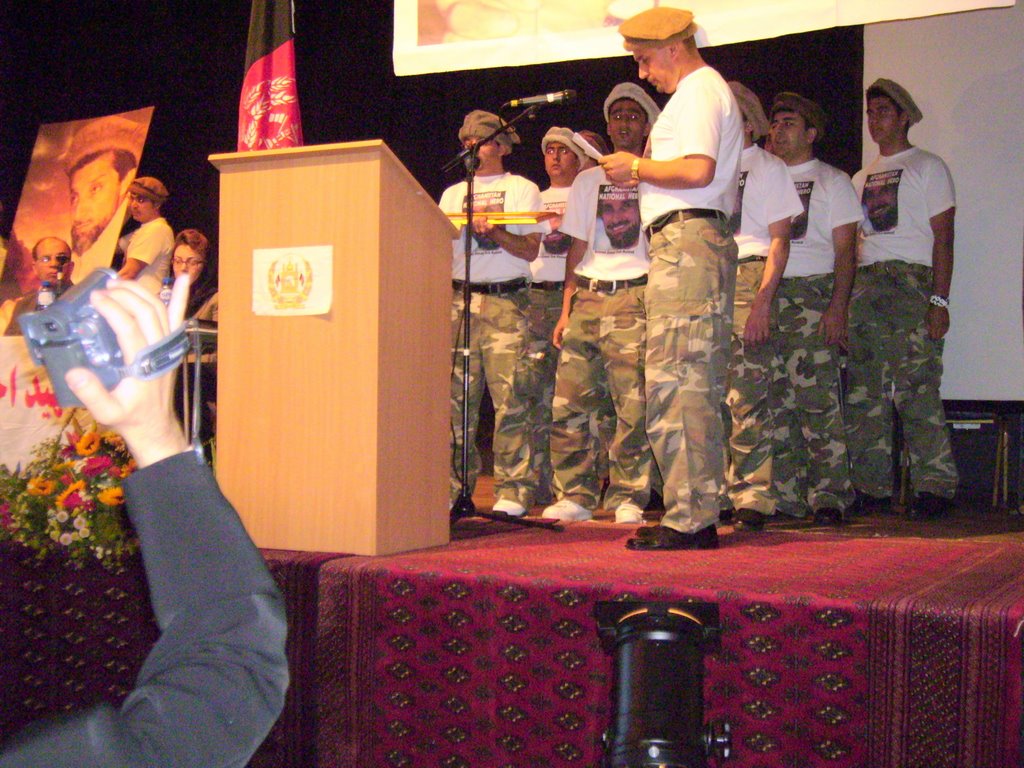

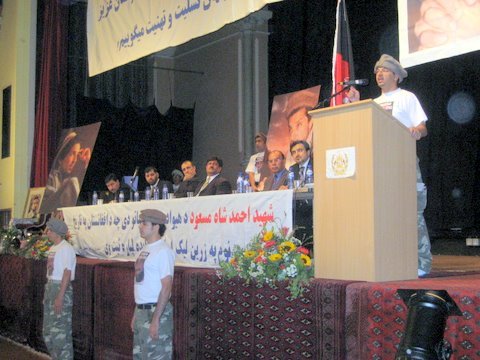
No comments:
Post a Comment